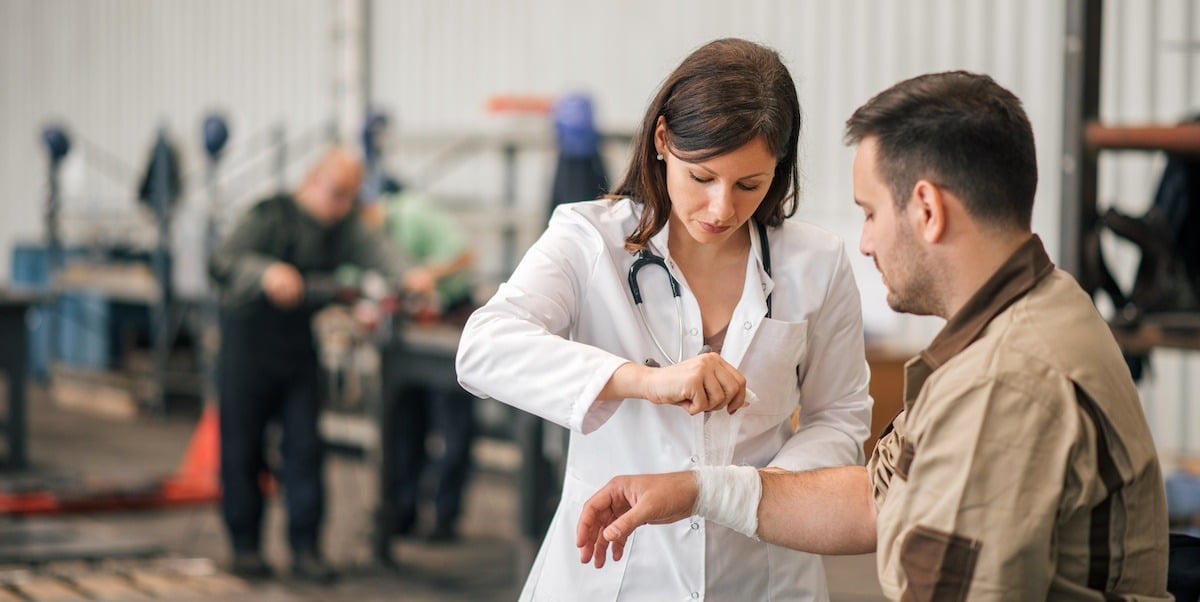Academics
Environmental & Occupational Health
We study the impact of our surroundings, both natural and built, on health.
The field of environmental and occupational health covers everything from the air we breathe and the water we drink to the injuries and mental health challenges we may face at work. We strive to improve health by promoting practices and policies that reduce harmful exposures and protect vulnerable populations. From improving worker health and safety, to promoting healthy housing, to creating new tools to monitor air and water quality, we work to make our homes, our workplaces, and our communities healthier places for all.
Research
Directory
A graduate degree in environmental & occupational health prepares you to think critically about complex challenges and to design solutions that improve public health. When you leave one of our programs, you’ll be ready to address emerging environmental and workplace issues in a way that builds on science while prioritizing real people. Our graduates work in environmental health and safety, emergency management, environmental epidemiology, and workplace safety and health in private, nonprofit, and government organizations.
-
Full Story
A Greener Feast: How Plant-Based Proteins Can Transform Your Holiday Table
 12/4/2024
12/4/2024
-
Full Story
New Match Program Helps Celebrate 30 Years of Occupational Medicine in Colorado
 11/20/2024
11/20/2024
-
Full Story
The Center for Health, Work & Environment Represents Colorado Workplaces at the White House National Recovery Event
 9/24/2024
9/24/2024
-
Full Story
Beth Carlton Selected as New Chair of the Department of Environmental and Occupational Health
 7/15/2024
7/15/2024
-
Full Story
Employee at dairy farm contracted Colorado’s first human case of avian flu this year
 7/4/2024
7/4/2024
-
Full Story
Living near oil and gas sites in Colorado could make irregular heartbeat symptoms worse, CU study says
 6/27/2024
6/27/2024



